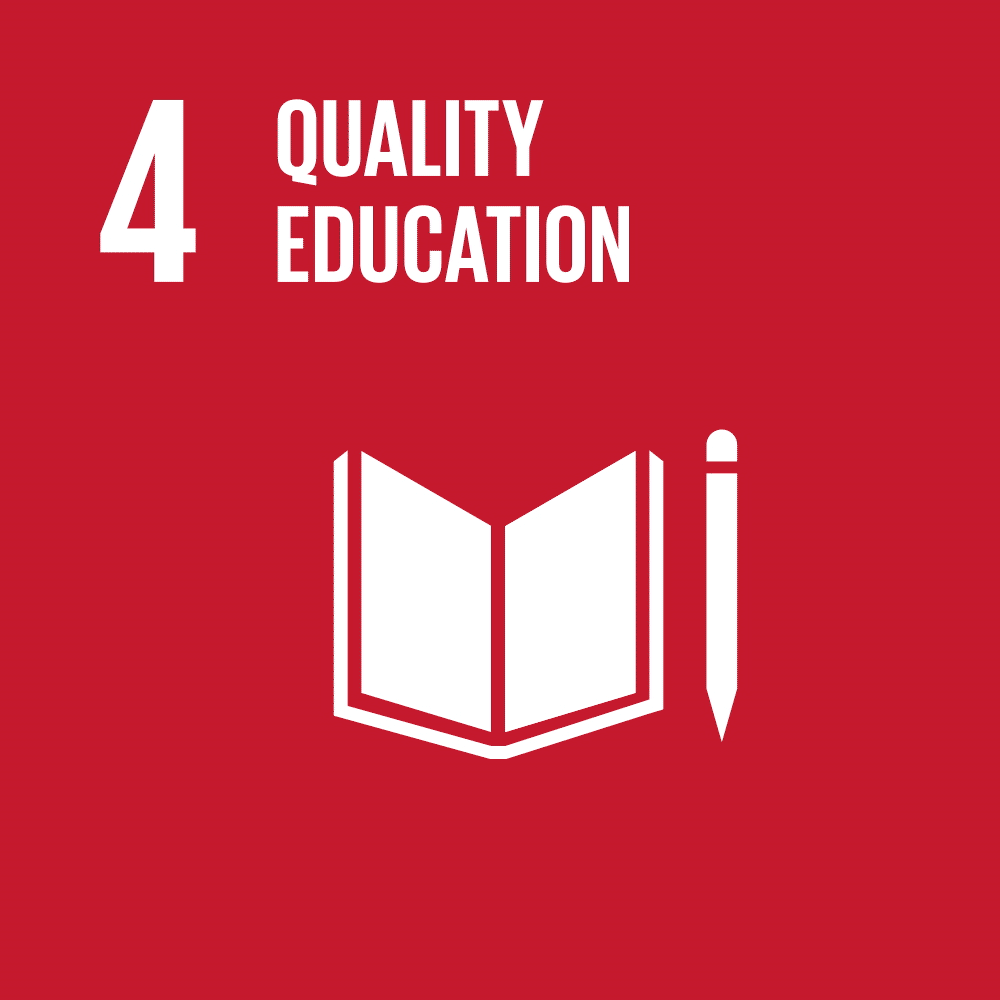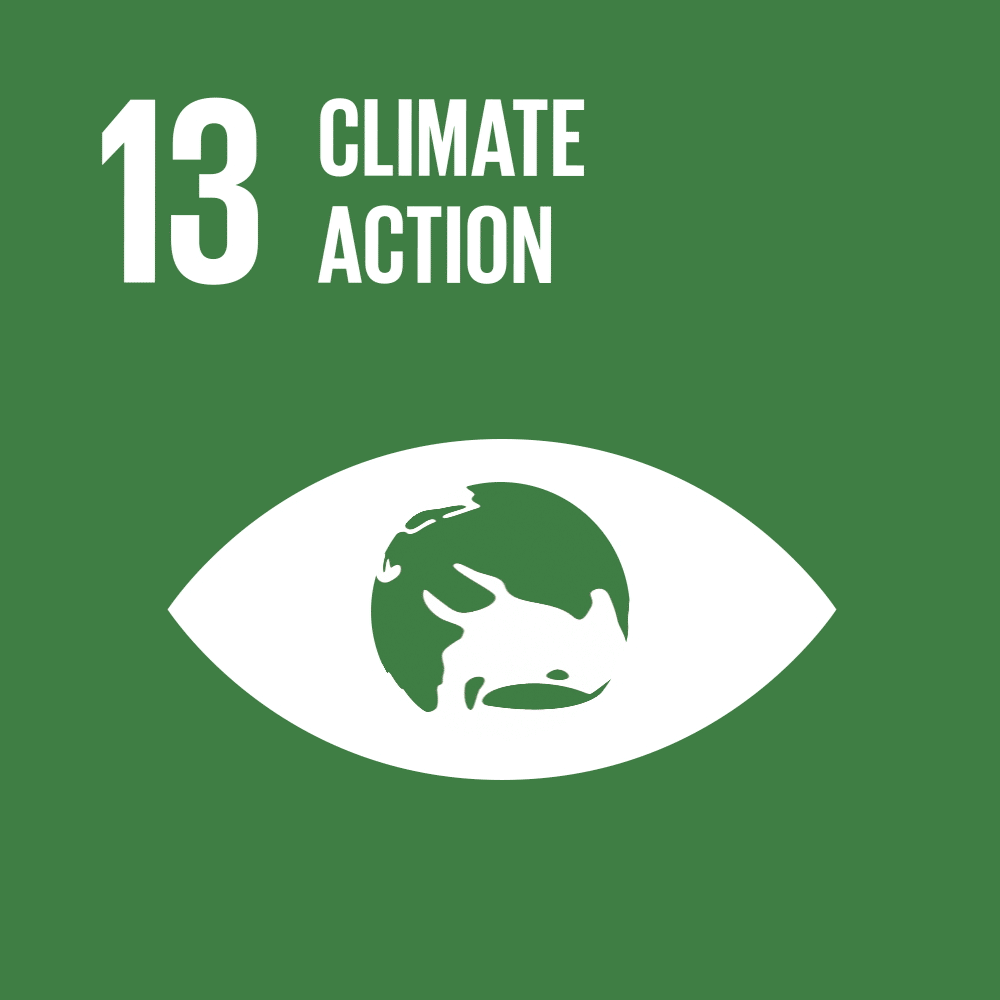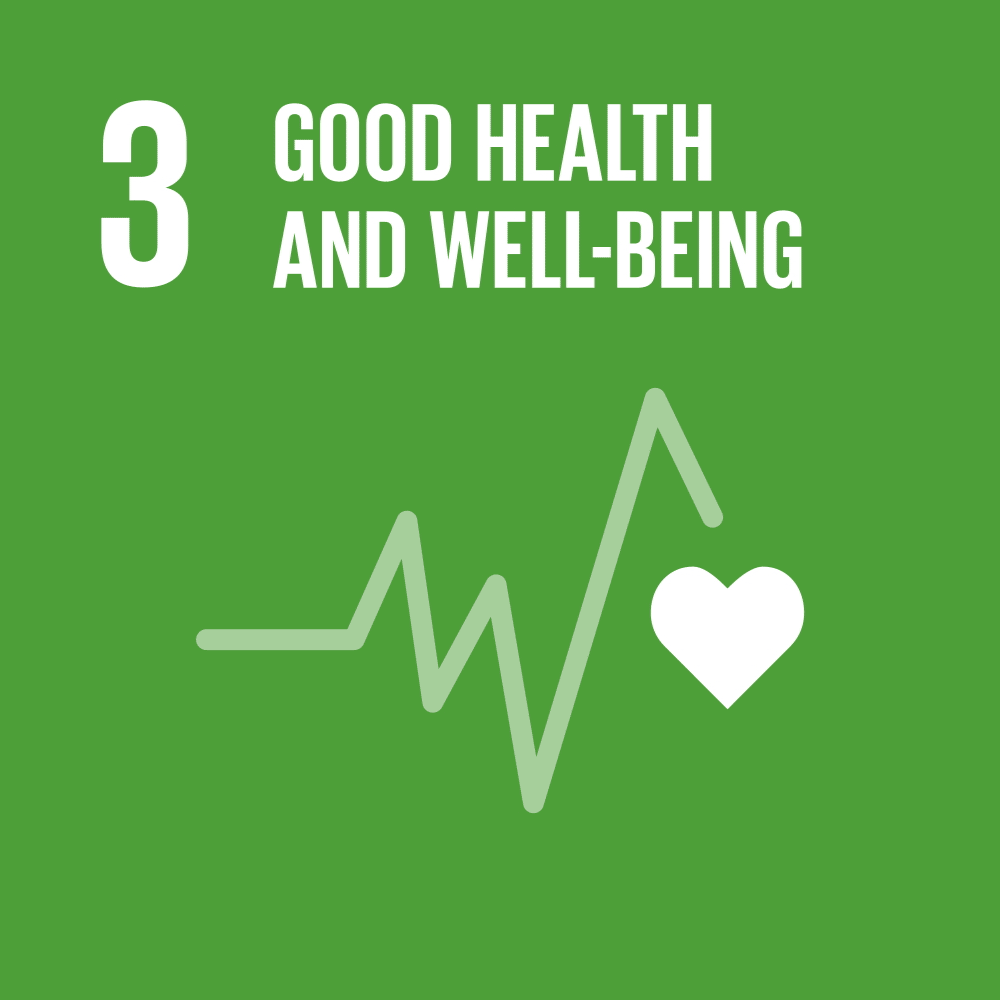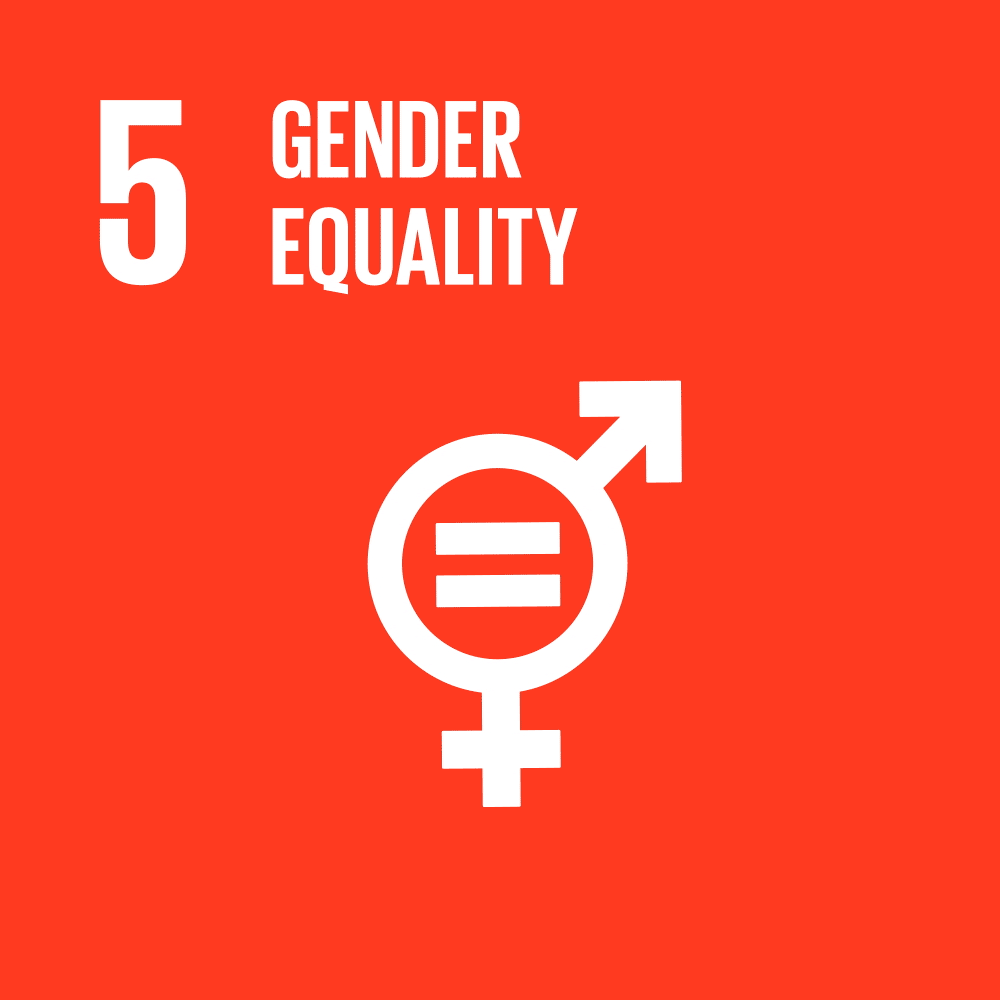top of page
SDG Impact Projects
Every year 100 young leaders from over 30 countries collaborated to create over 20 impact projects addressing
UN Sustainable Development Goals. Below, you find information about selected projects, some of which are currently mentored by the University of Oxford in the follow-up of GLC 2020-2023.
bottom of page







